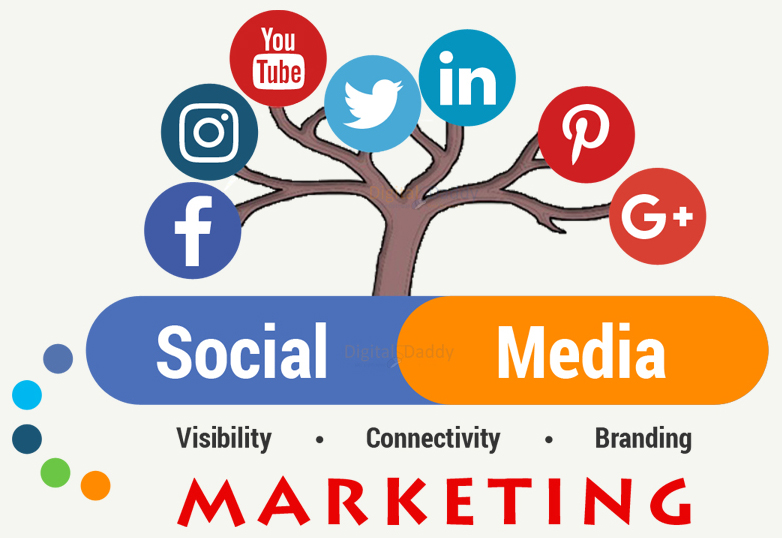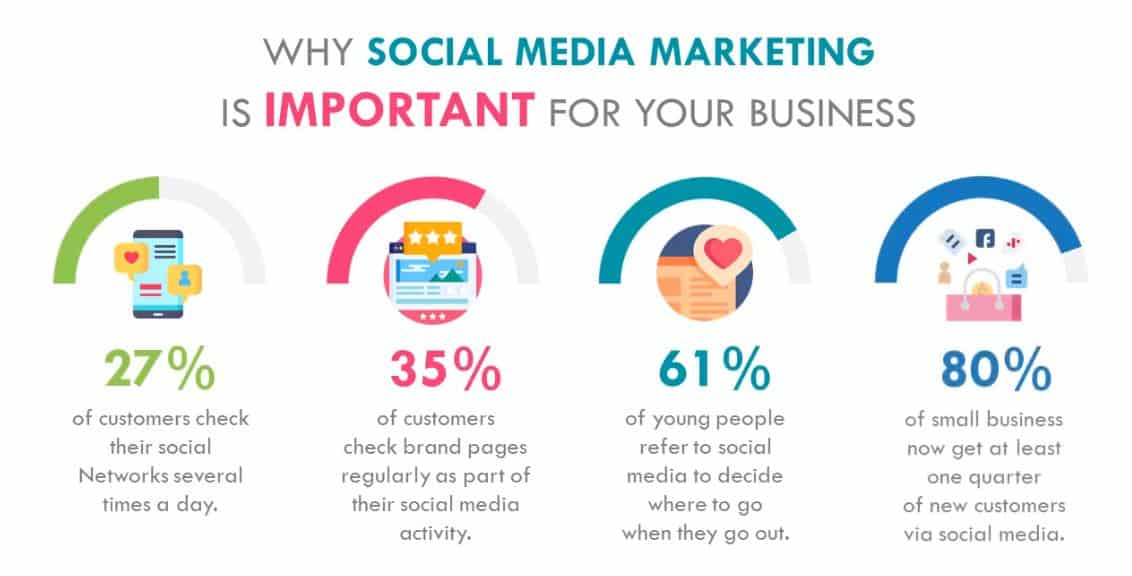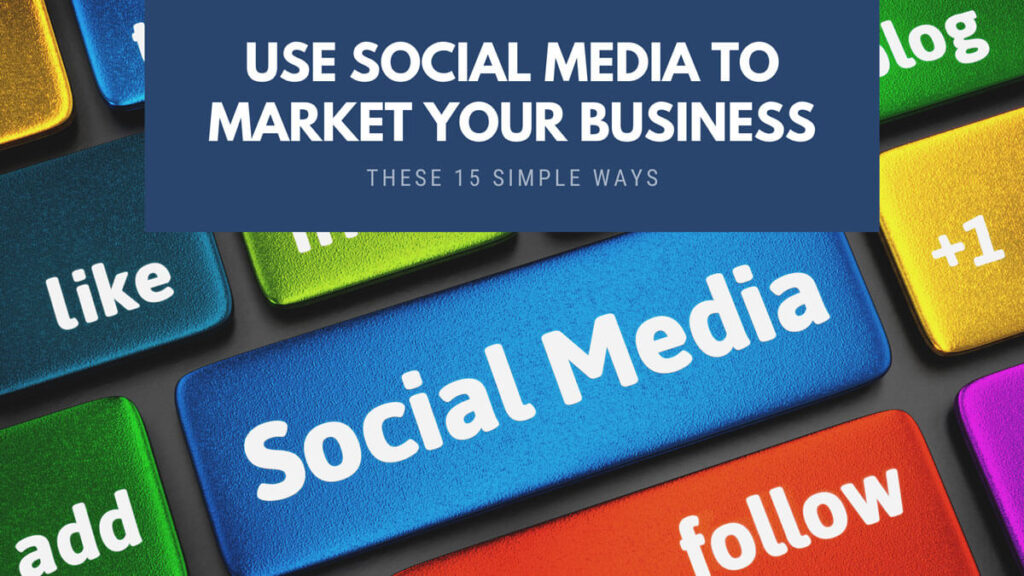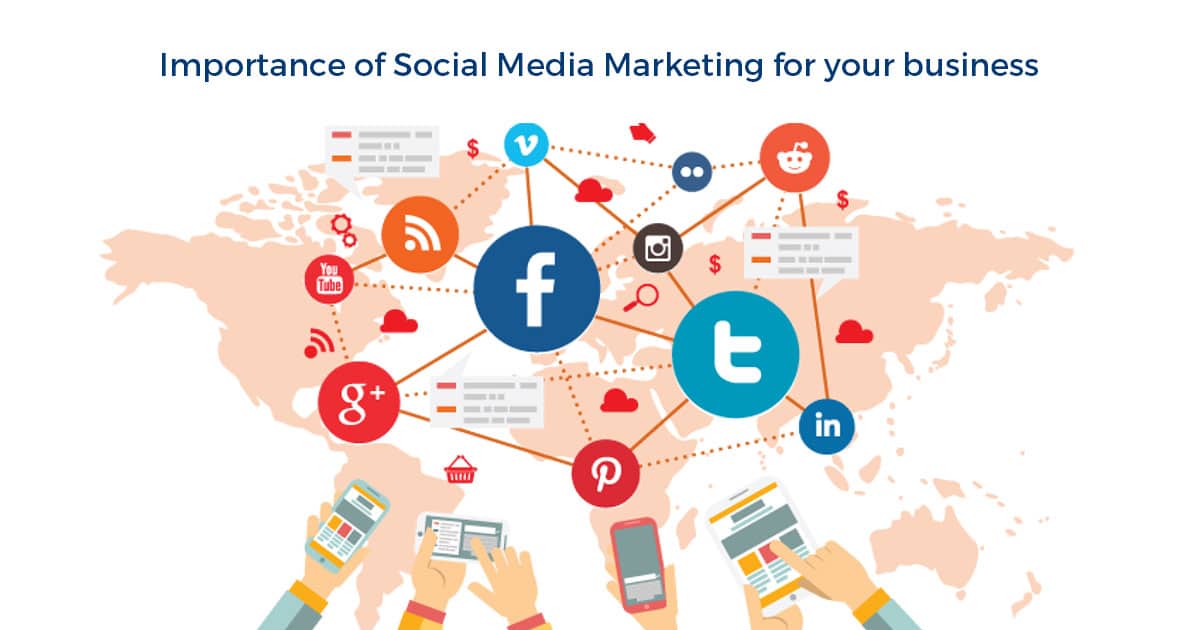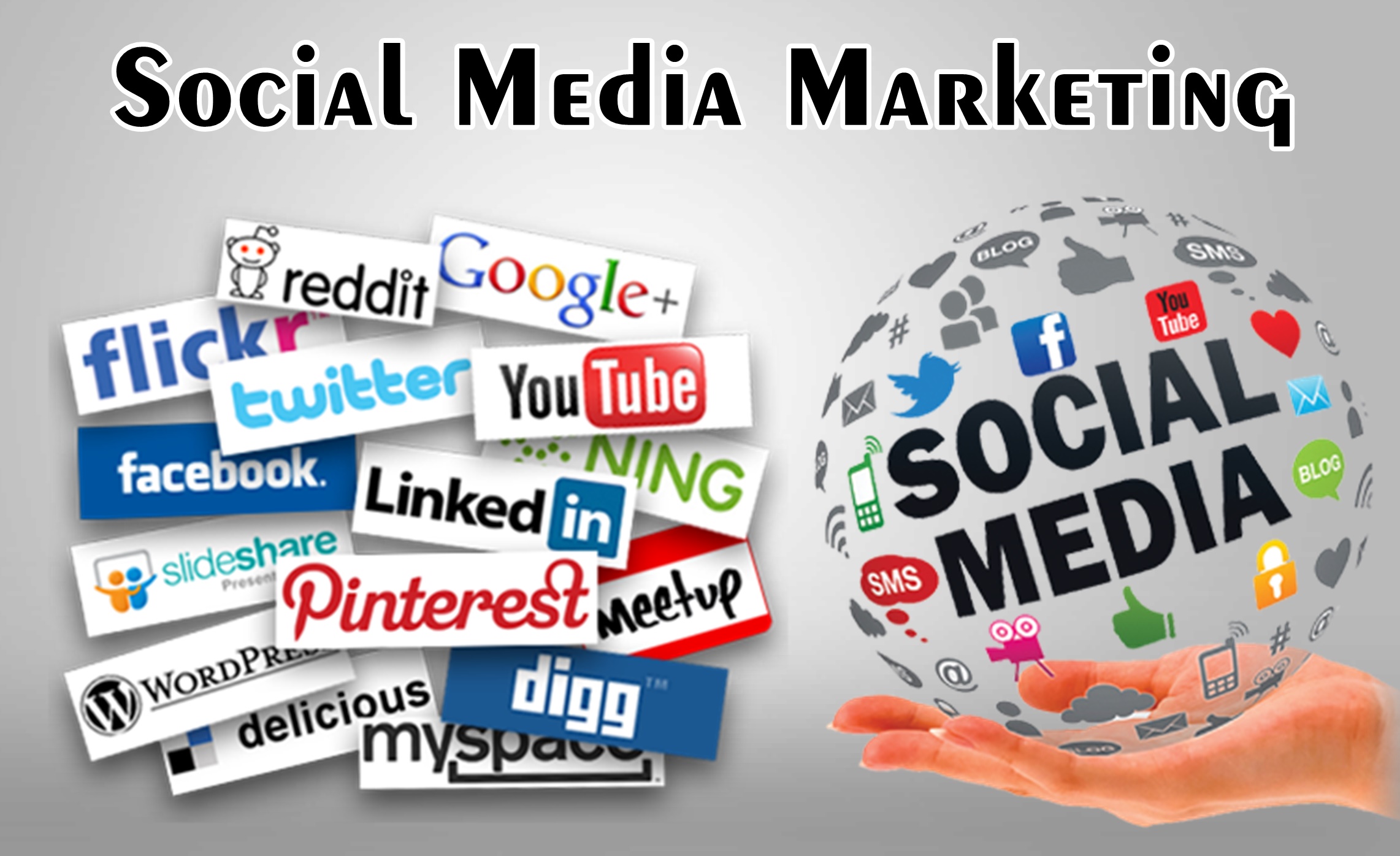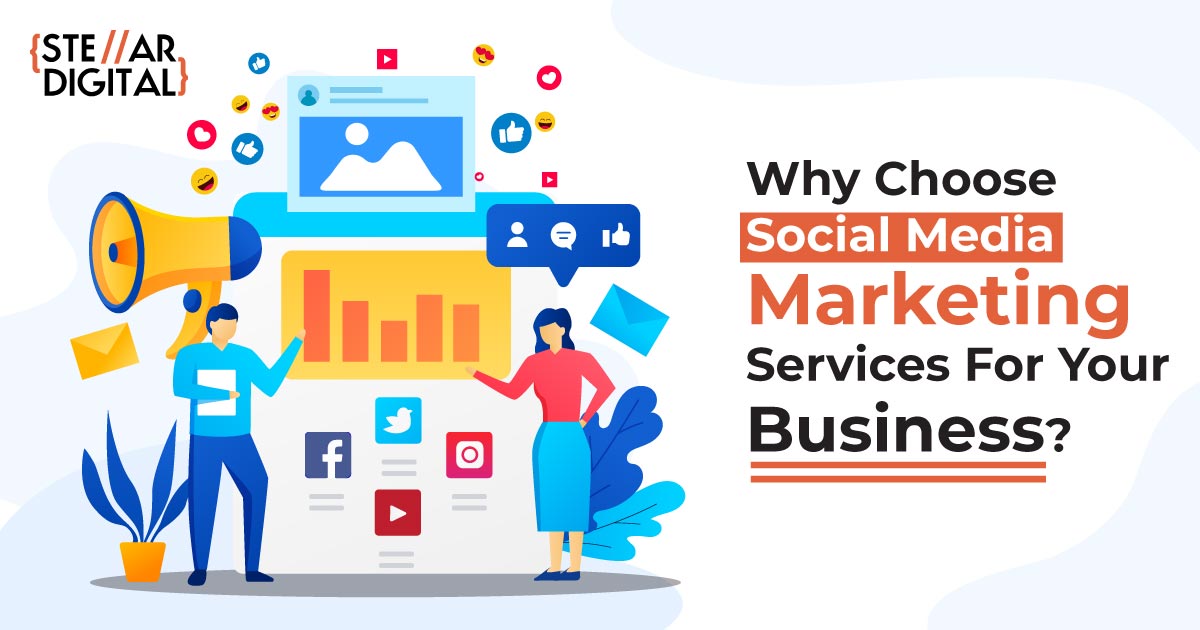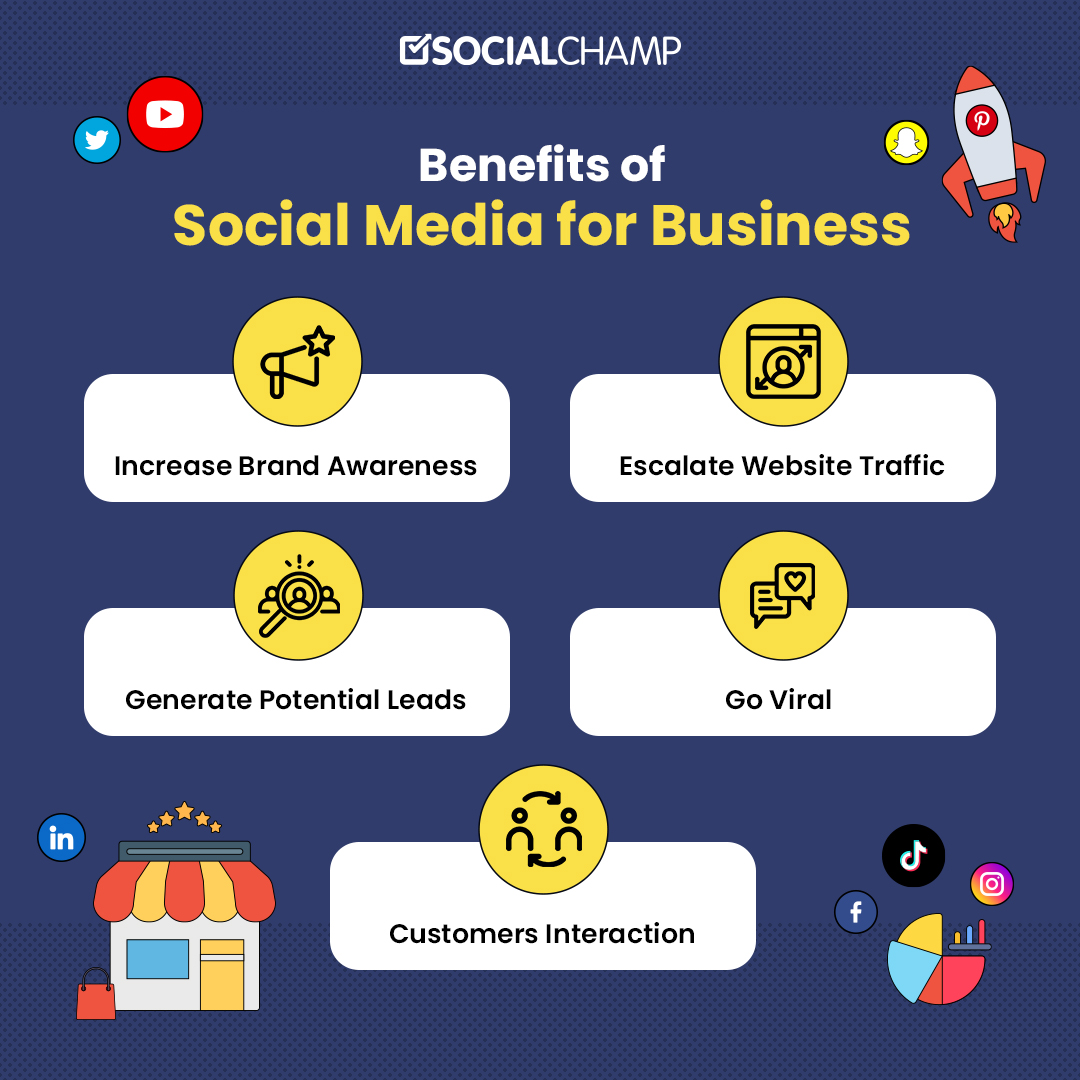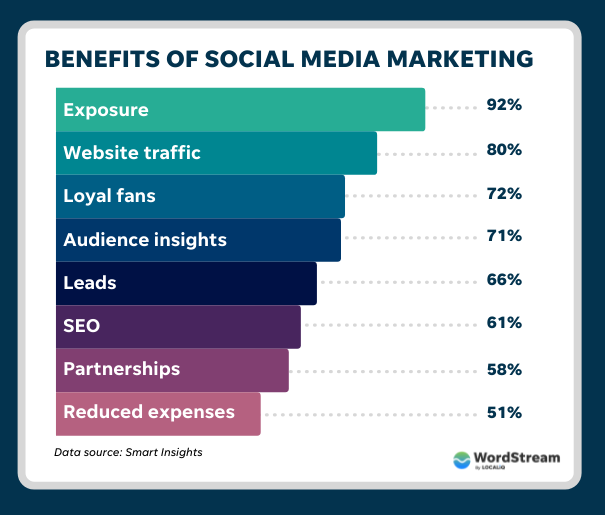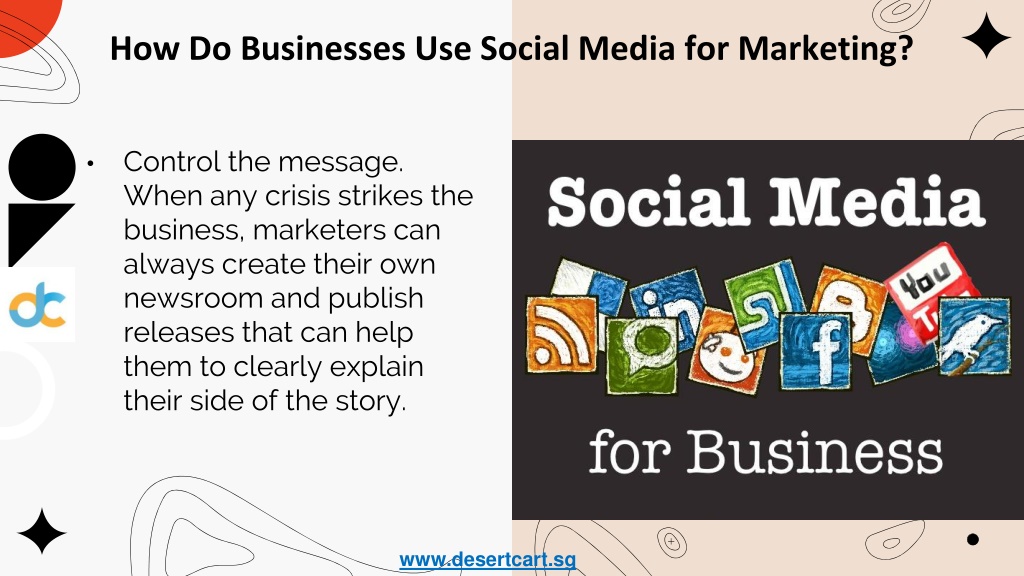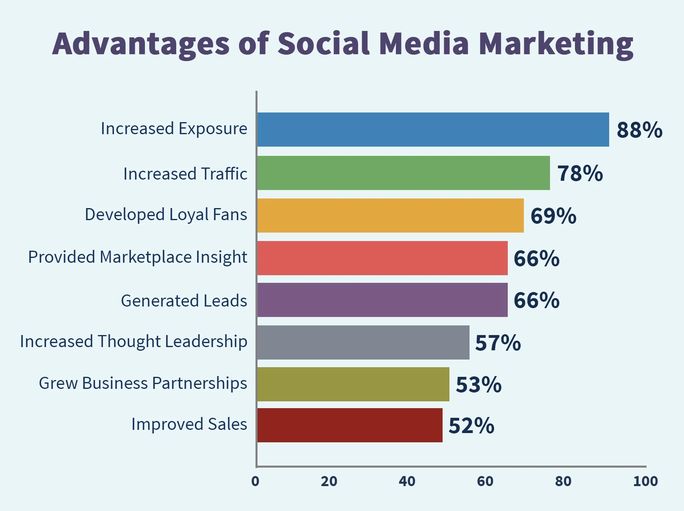How Businesses Use Social Media For Marketing
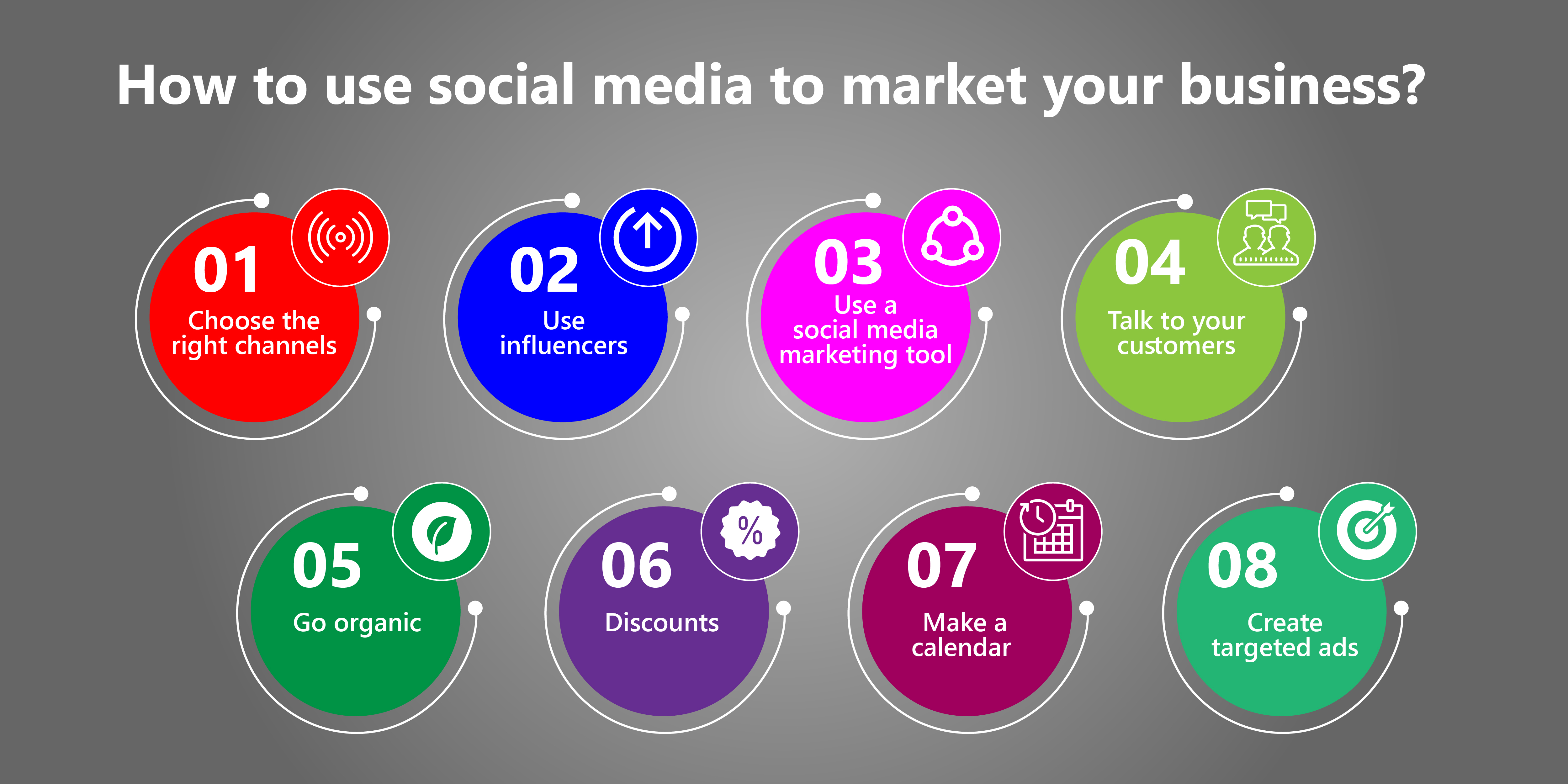
Imagine scrolling through your phone on a lazy Sunday morning. Suddenly, a vibrant video of a new coffee shop pops up, showcasing their latte art and cozy atmosphere. Then, you see a friend raving about a new sustainable clothing brand they discovered through an engaging Instagram post. It's not just chance; it's the power of social media marketing at play.
But how exactly are businesses leveraging these platforms to connect with potential customers and drive growth? This article delves into the world of social media marketing, exploring the strategies, benefits, and impact it has on today's business landscape.
The Rise of the Social Media Marketer
Social media marketing isn't new, but its sophistication has evolved dramatically. What started as simple promotional posts has blossomed into a complex ecosystem of targeted advertising, influencer collaborations, and community building.
According to a 2023 report by Statista, global social media advertising spend is projected to reach over $250 billion. This massive investment underscores the importance businesses place on reaching consumers where they already spend a significant amount of their time: online.
Building a Brand Presence
The first step for many businesses is establishing a strong brand presence. This means creating profiles on relevant platforms – Facebook, Instagram, Twitter, LinkedIn, TikTok – and consistently sharing engaging content.
Consider a local bakery, "Sweet Surrender," using Instagram to showcase their daily specials and mouthwatering photos of their creations. By using relevant hashtags like #bakery, #pastries, and #localfood, they increase their visibility to potential customers searching for similar items.
Engaging with Your Audience
Social media is a two-way street. It's not enough to simply broadcast messages; businesses must actively engage with their audience. Responding to comments, answering questions, and participating in relevant conversations are crucial for building relationships and fostering loyalty.
Take, for example, a tech startup like "Innovate Solutions" using Twitter to host live Q&A sessions with their CEO. This provides an opportunity for customers to directly interact with the company, ask questions about their products, and feel heard and valued.
Targeted Advertising
One of the most powerful aspects of social media marketing is its ability to target specific demographics. Platforms like Facebook and Instagram allow businesses to create highly targeted ad campaigns based on factors such as age, location, interests, and even online behavior.
A small business selling eco-friendly cleaning products can target ads specifically to users interested in sustainability, organic living, or even those who have recently searched for cleaning supplies. This ensures their message reaches the most relevant audience, maximizing the effectiveness of their advertising budget.
The Power of Influencers
Influencer marketing has become a major force in the social media landscape. Partnering with individuals who have a large and engaged following can be a highly effective way to reach new audiences and build credibility.
A fitness apparel brand might collaborate with a popular fitness influencer to promote their products. The influencer can create content showcasing the brand's clothing, sharing their personal experiences, and offering discount codes to their followers.
Measuring Success
Social media marketing is not a guessing game. Businesses can track their performance through various metrics, such as engagement rates, website traffic, and conversion rates. Analyzing these metrics allows them to refine their strategies and optimize their campaigns for better results.
Tools like Google Analytics and platform-specific analytics dashboards provide valuable insights into audience behavior, content performance, and the overall effectiveness of social media marketing efforts.
Ultimately, the success of social media marketing lies in building authentic connections with your audience. It's about more than just selling products; it's about creating a community around your brand, sharing valuable content, and fostering meaningful relationships.
As social media continues to evolve, businesses that adapt and embrace these changes will be best positioned to thrive in the digital age. By using these platforms effectively, they can not only reach new customers but also build lasting relationships and establish themselves as trusted voices in their respective industries.
